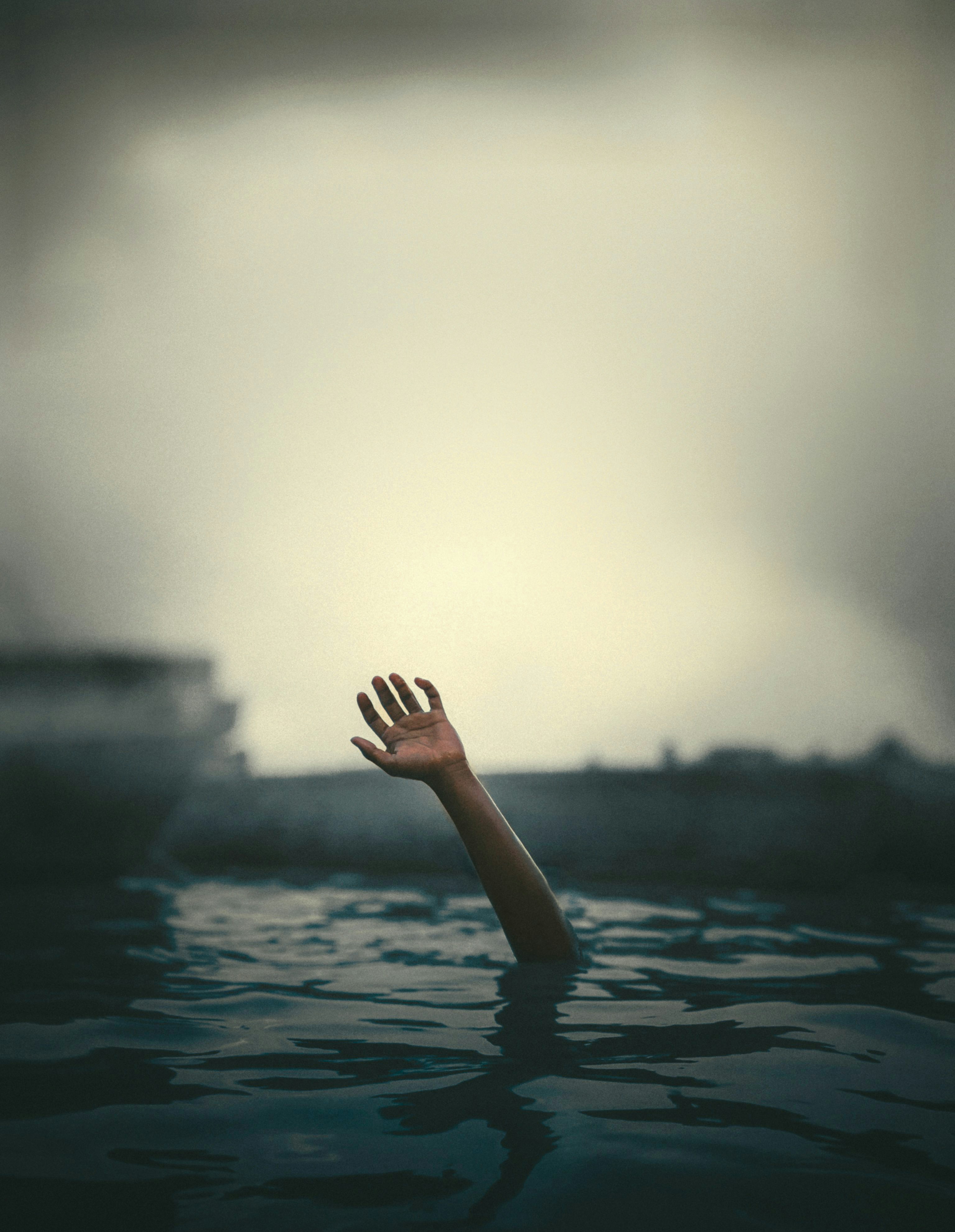This morning hit me hard with the news of the drowning of three fellow UPSC aspirants in the basement of Rau’s IAS building. I rushed to the TV to get some answers. Surprisingly, the name of the institute rarely popped up. It’s a clear-cut violation of safety protocols and the right to life of three human beings and their families. However, the media mostly chose to uphold the privacy of the institution—albeit at the cost of the rights of the victims. Thus, grave negligence was wrapped up. How could this happen in broad daylight?
This news encouraged me to look into the pathetic conditions of the educational infrastructure in our country, which is often celebrated as a continuation of the Gurukula system. The unfortunate fate is not just that of UPSC aspirants, but of all entrance exam aspirants. This fact lit up my brain.
”It’s high time we start asking questions—the kind that spark fire. In a democratic country like India, where we the people are the true agency, how could we be any less powerful than the rich?
Zero Hour
The Numbers:
- Nobody knows the exact number of students studying in the nation’s UPSC hub—Delhi—let alone in other cities.
- There are no metrics or caps to limit the number of students in these classes.
- The buildings are so packed and often not constructed to hold more than 100 people at a time, while the classes are filled with many hundreds, often creating a choking-like situation.
Due to the unavailability of concrete data, I had to stop my search there. But my brain couldn’t stop wondering why this grave violation has never been scrutinised before.
The drowning and demise of these three fellow aspirants stirred unrest on the streets of Delhi—although for how long, is the real question here.
Who Should We Blame?
When the rich and influential bypass essential rules and regulations, the middle class and downtrodden reap the consequences. Do we have to keep suffering this? It’s high time we start asking questions—the kind that spark fire. In a democratic country like India, where we the people are the true agency, how could we be any less powerful than the rich?
Sometimes, I feel it’s capitalism that has created a neo-feudal system in our country—where the rich wield power, and democracy serves as a feel-good puppet show. It makes us believe we hold the agency, while it silently erodes our core.
The Delhi incident is not a standalone case. The farmers’ crises, casteist operations like honour killings and assaults—all are, in one way or another, symptoms of what capitalism can do to a society.
This is more dangerous than any direct action because in a direct attack, we can see the roots and try to eliminate them. But here, we’re only seeing the tip of the iceberg. This makes us—stakeholders of our nation—blind to the real cause, while capitalism keeps cutting the roots. Meanwhile, our blindfolded government remains naive, unable or unwilling to see what’s actually happening.
The Solution:
A single solution would be hypothetical. This crisis needs to be addressed at its core, not just through its symptoms. The colonial mindset the British embedded in us still lingers in the corners of our minds. The first step in fighting back is to overcome that mentality—because it’s this mindset that prevents us from asking questions, from rejuvenating democracy.
Only when people begin to ask relevant questions do the pillars of democracy begin to function. But our questioning ability is impaired. That submissive mindset has handicapped us—and this is where our struggle must begin. Once we break free from it, we can finally see through the curtains that hide the truth.
If we had realised our rights—as citizens, as consumers of services—those three students might have survived the unforeseen events. What silenced them for so long, and continues to silence others, is a lack of awareness about our existential agency. It’s a collective mistake we Indians made—one where a few are victimised, but all are responsible.
So I’m writing this in solidarity with them, to at least make myself feel alive. Let’s not stop fighting—because eventually, it’s not just for the three of them, but for all of us.
I hope that in the future, we never witness another such shameful, unfortunate incident where humanity has to bow its head due to our negligence. May their souls rest in peace—and may their tragic end inspire society to take a different course.


